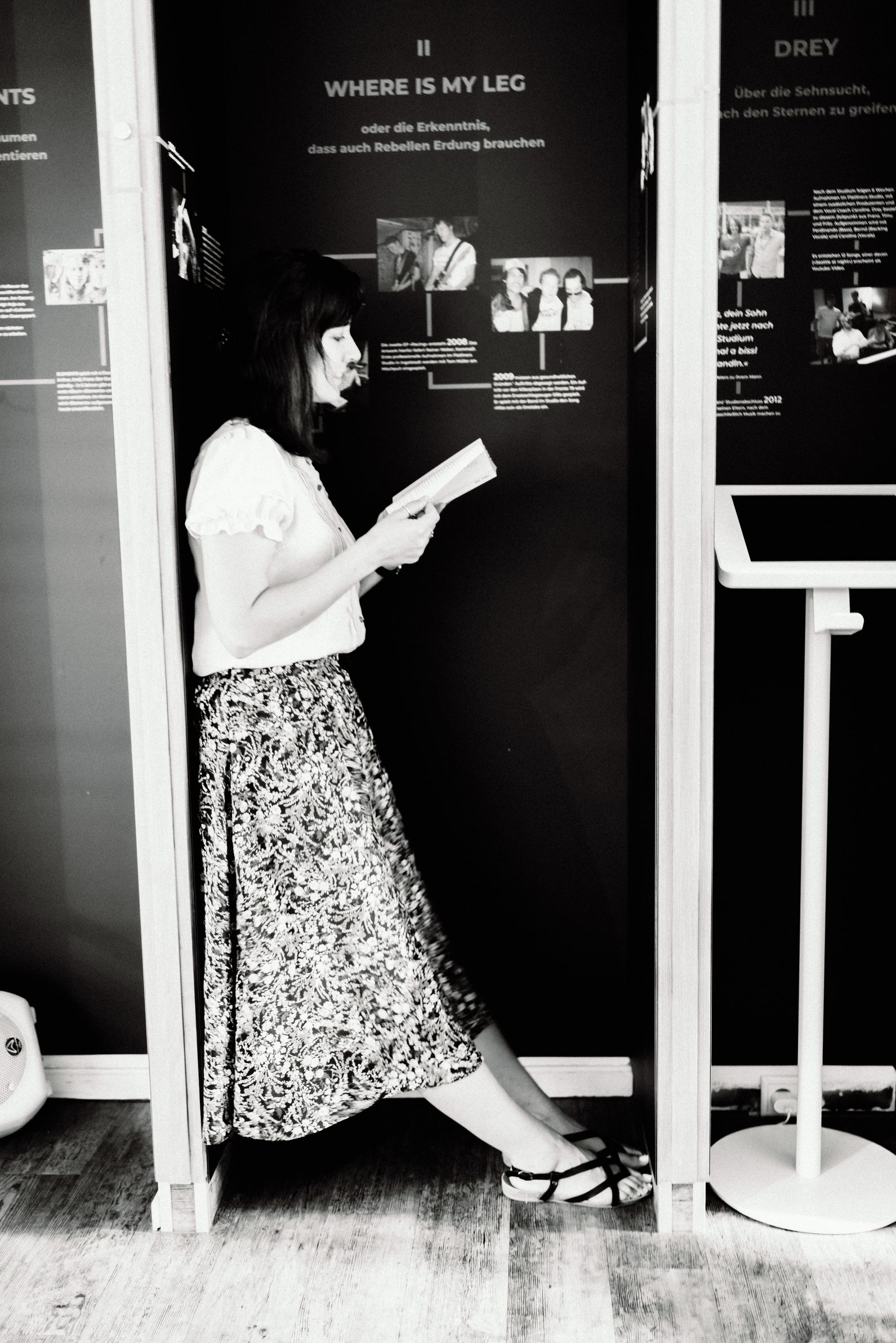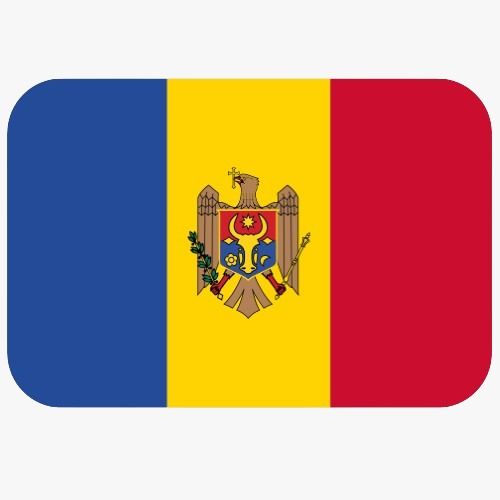
2025 – the year of European literature
a literary journey across 10 European countries

Italy
In January, I will begin with Italian literature, which screams beauty and introspection. I plan to read an old favourite by Alba de Céspedes and Cesare Pavese, a new recommendation. I will also return to Elena Ferrante‘s Neapolitan Novels, which vividly depict friendship, ambition, and the social fabric of Naples.

Bulgaria
In February, I will take a peek at Bulgarian literature through the works of Gheorghi Gospodinov. His innovative, sort of post-postmodern narratives, offer a glimpse into the landscape of Bulgarian identity and history.

Sweden
March will shine a spotlight on Swedish literature, known for its introspective and often haunting literary voices. I plan to read Linda Boström Knausgård and Sara Stridsberg, two contemporary authors I’m very curious about. Additionally, I will return to Selma Lagerlöf, an old childhood favourite who might have something more to offer.

Czech Republic
April will take me to the Czech literature, home to some of the most puzzling stories in Europe. I will return to old favourites: Milan Kundera, who writes of the philosophy of the human condition, and Franz Kafka, whose surreal and existential tales have influenced countless writers, including my favourite Romanian writer, Mircea Cărtărescu.

Spain
May will be dedicated to the richness of Spanish literature. I will read works by Javier Marías, known for his elegant and philosophical prose, and Manuel Vilas, who was the literary sensation of 2018. To fully capture the breadth and depth of Spanish literature. I will round up the month with and a selection of Spanish short stories.

Moldova
In June, I will turn my attention to Moldavian literature, closely related, and sister, to Romanian literature. I look forward to returning to my favourite Moldavian writers, Liliana Corobca and Tatiana Țâbuleac, and also discovering a new voice – Valentina Șcerbani.

Norway
After a Virginia Woolf summer, September’s destination is Norway, where I’ll be reading Vigdis Hjorth and Knut Hamsun. Hjorth’s ability to dissect personal and societal tensions makes her one of the most compelling voices in contemporary Norwegian literature, while Hamsun is a classic of world literature, best known for his dark narratives of an Oslo at the turn of the 20th century.

Portugal
In October, I’ll journey to Portugal through the works of José Saramago and António Lobo Antunes. I’ve read Saramago before and I look forward to revisiting his bold narrative style. Alongside his work, I plan to explore the prose of António Lobo Antunes, whose novels reveal the depths of personal and national histories.

Hungary
In November, I will explore the literary richness of Hungary. I plan to read László Krasznahorkai, who was awarded the Nobel prize for literature in 2025 for his dark and harrowing prose, and Magda Szabó, whose emotionally resonant novels often center on women navigating a changing world.

Poland
December will close my European project with Poland, another country with a rich literary tradition. I will read works by Olga Tokarczuk, whose imagination and philosophical insights have earned her global acclaim, and Stanisław Lem, a master of speculative fiction whose ideas about technology and consciousness remain relevant today.
like what you read?
Visit my ko-fi page and support with the site costs!
subscribe to stay up to date
Receive an email every time I publish a new post. Up to twice a week.
